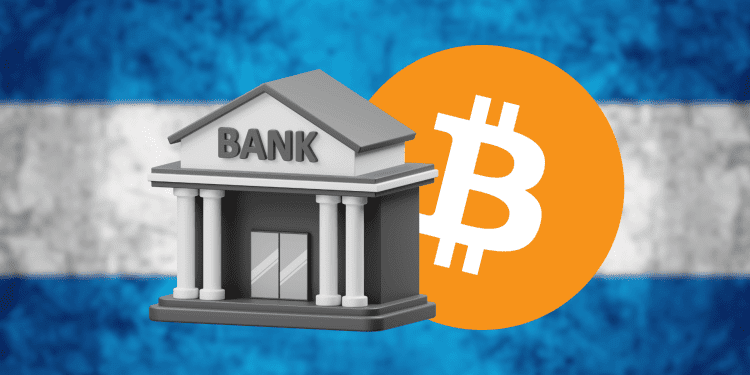- Honduras has banned banks from activities related to cryptocurrencies in a move that goes against the trend of growing crypto adoption in Latin America.
- The ban was justified by the Honduras regulators due to uncertainties around cryptocurrencies, with the aim of protecting the financial system.
- However, the ban contrasts with wider acceptance of crypto in the region – such as El Salvador using Bitcoin as legal tender and Brazil approving crypto payments.
Honduras has banned banks from cryptocurrency activities in a surprising regulatory move for Latin America. This places the country at odds with growing crypto acceptance across the region.
Background on the Ban
On February 15th, 2023, the Honduras National Banking and Securities Commission (CNBS) prohibited financial institutions from maintaining, investing, intermediating, or operating with cryptocurrencies. The ban includes trading crypto derivatives like ETFs.
CNBS justified the ban by citing legal uncertainties around cryptocurrencies. They aim to protect Honduras’ financial system and public from potential risks.
Crypto Trends in Latin America
Honduras’ ban clashes with wider crypto adoption in Latin America.
El Salvador pioneered Bitcoin as legal tender in 2021. Argentina may also pursue crypto-friendly policies under President Milei. Brazil legalized crypto payments and has many active crypto ETFs.
The Honduras ban also comes as major economies like the US and Japan approve new crypto investment vehicles.
Conclusion
The CNBS ban places Honduras at odds with growing crypto acceptance in Latin America and beyond. It remains to be seen how strictly the prohibition will be enforced across the country’s banking sector.














